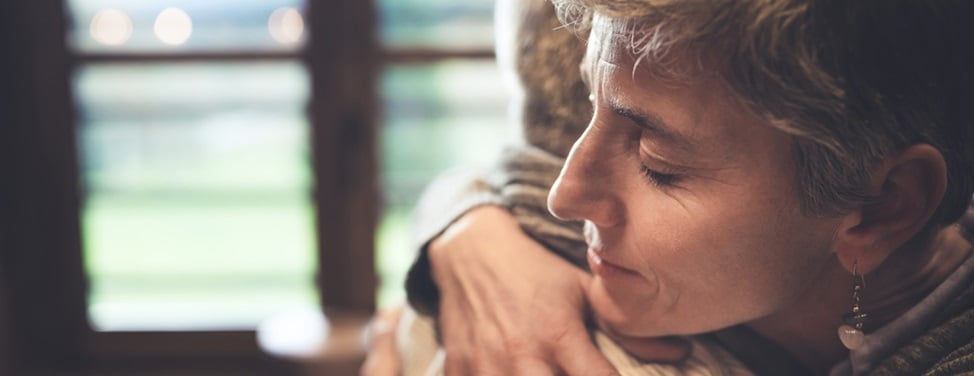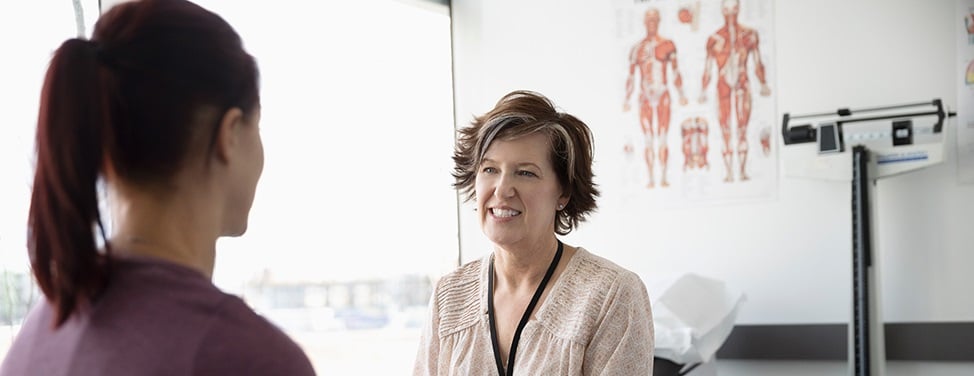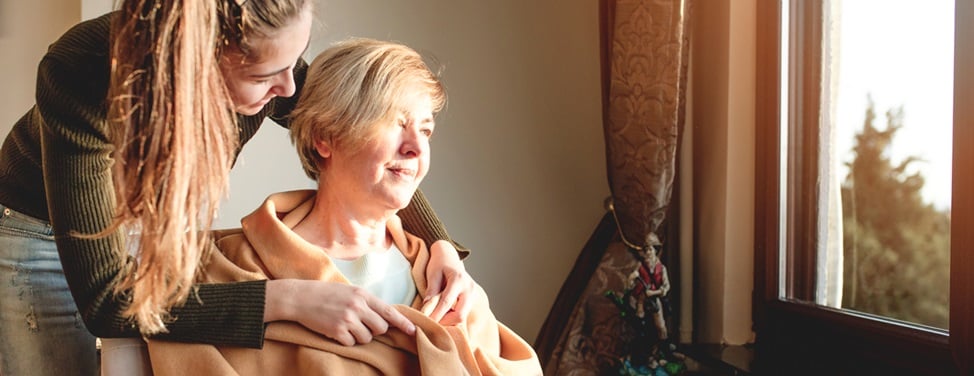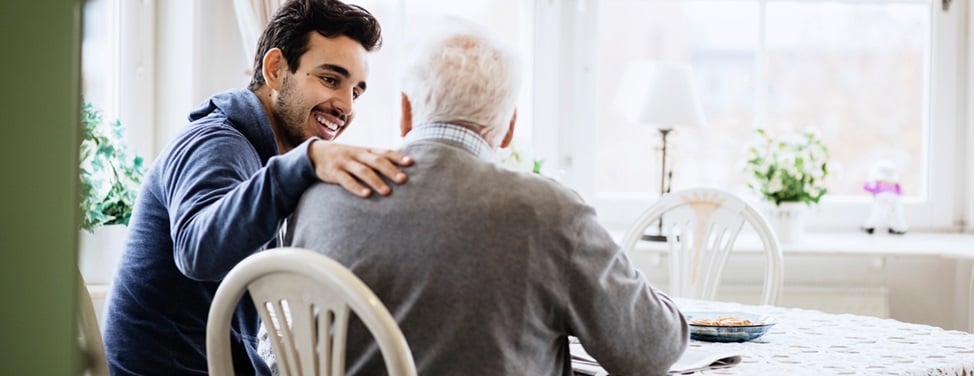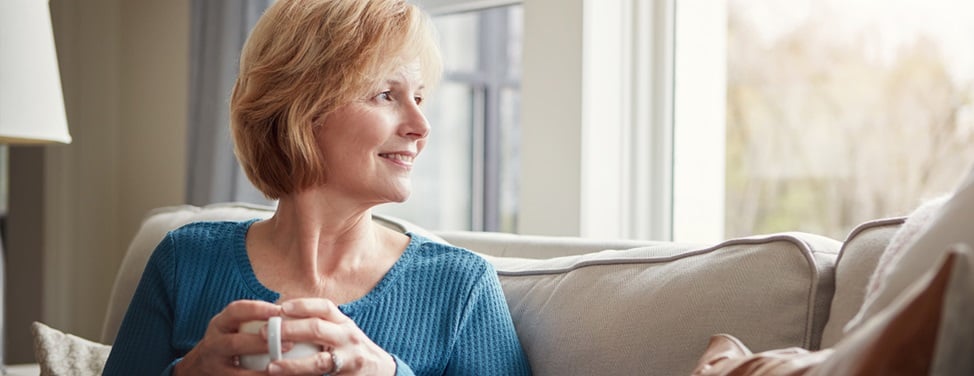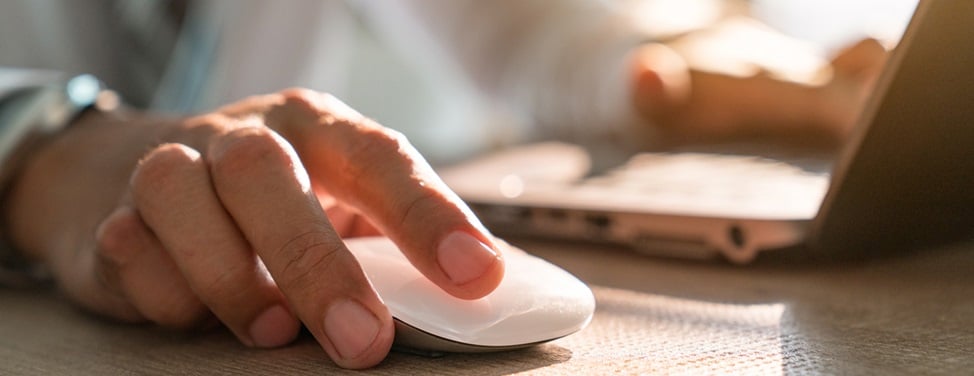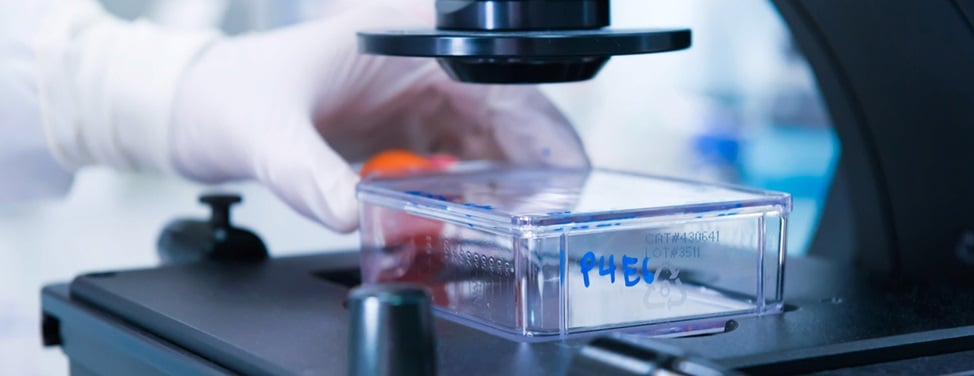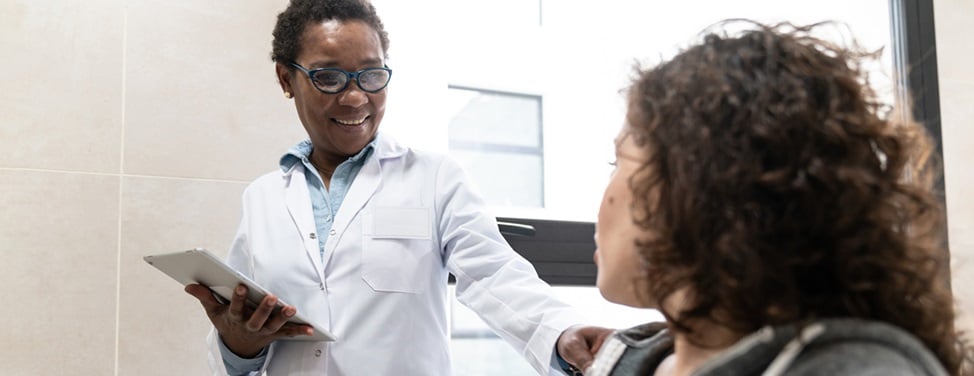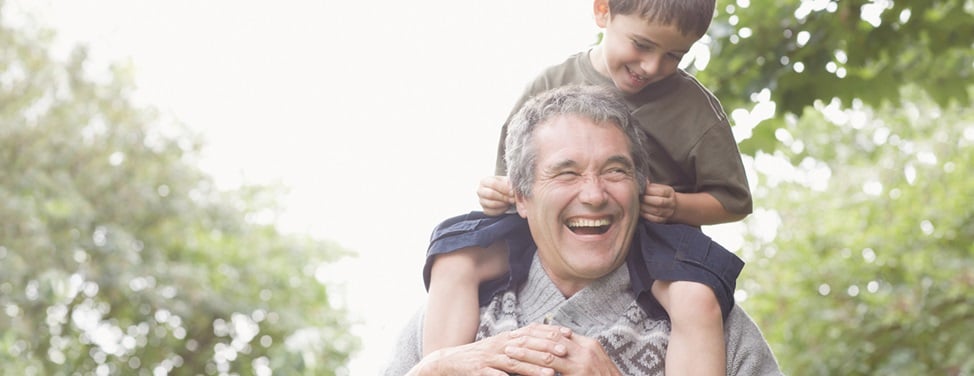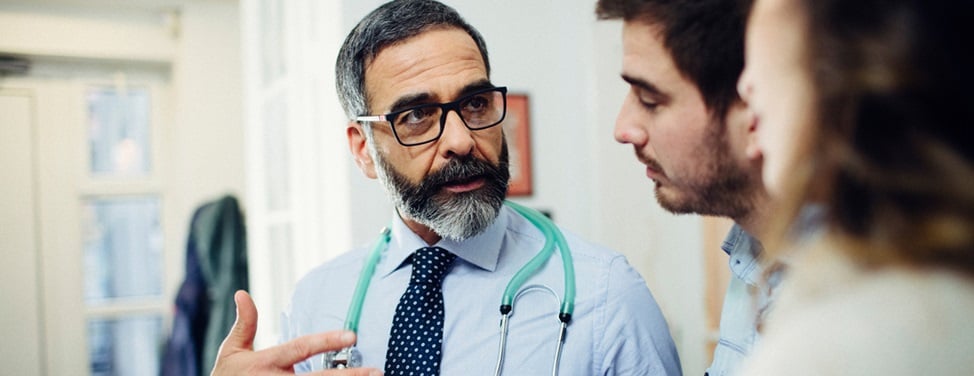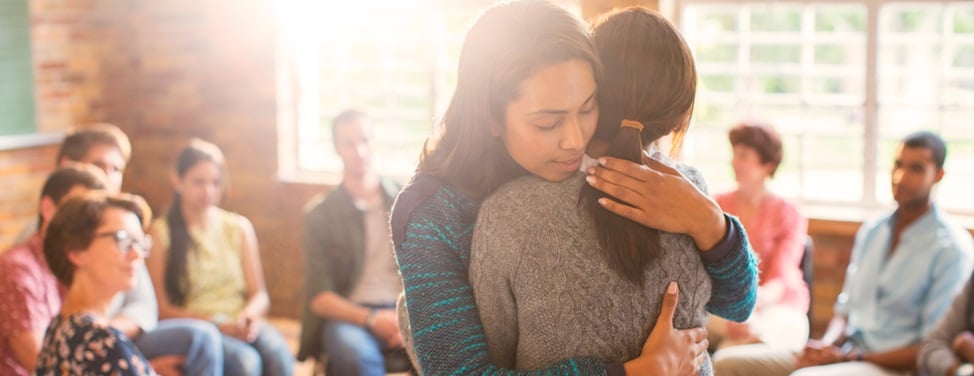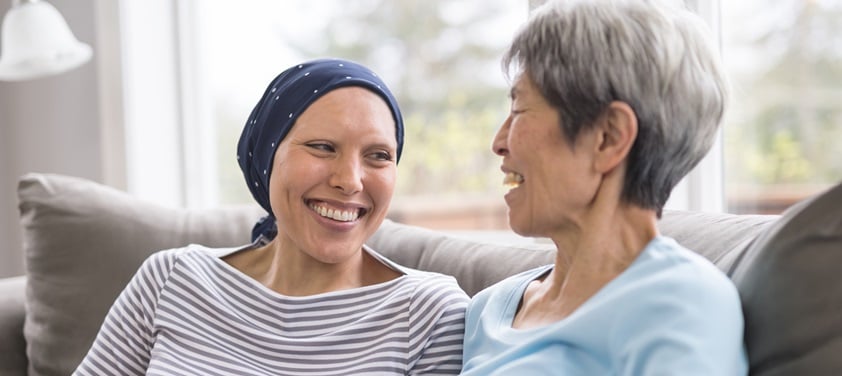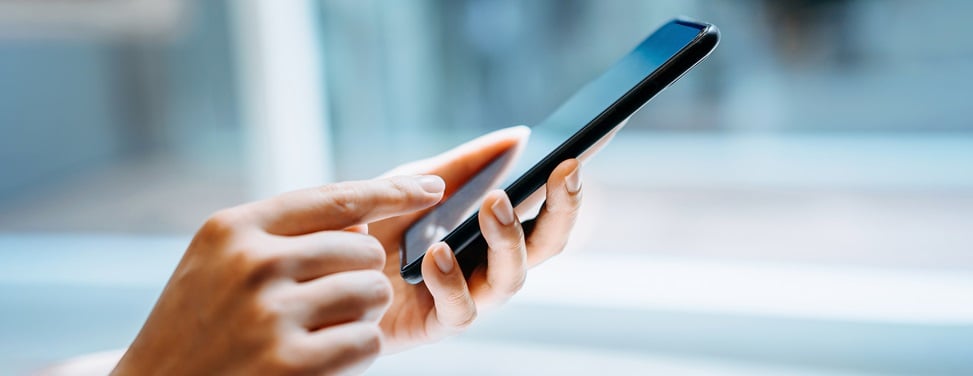Side effects of treatment may affect your eating pattern, requiring you to explore new ways to get the calories, protein and nutrients that you need for optimal nutrition. Eating a well balanced diet at this time can help you maintain your strength, energy and your body's natural defenses.
Eat a variety of foods
Unless instructed otherwise, eat a low-fat diet with a focus on additive-free fruits, vegetables, grains and small quantities of good-quality protein. Examples of a good-quality protein include nonfat dairy foods, eggs, legumes, soy, lean chicken and fish. Do not eliminate one or more of these nutritional building blocks without consulting with a nutritionist to develop a personalized eating plan.
Limit caffeine, sugar, sodium and alcohol
In general you will want to limit your intake, but there may be exceptions. If you have lost a lot of weight, just getting enough calories to prevent weight loss may be a goal, and hence additional fat and some sugar can be good sources of calories.
Stay hydrated
Drink as much as you can during the day. Dehydration can be a problem with certain drugs and when nausea or diarrhea occurs. Bring a water bottle with you when you leave the house. If you are losing weight or need to gain weight, choose higher-calorie liquids (in addition to water) such as fruit smoothies, nectars, juices, or your own fruit popsicles made in ice cube trays.
For more information, visit Diet for Cancer Treatment Side Effects. If you need one-on-one help, you can schedule an appointment with a dietitian through Cancer Nutrition Counseling, one of the services offered by the Patient & Family Cancer Support Center.







